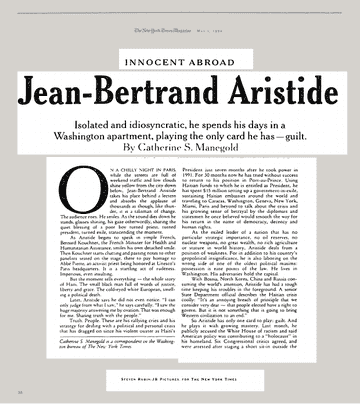
8: Colonial Rule in West Africa
wasscehistorytextbook.com/8-colonial-rul…
History Textbook
West African Senior School Certificate Examination
(continued 3/6)
Features of Indirect Rule
Indirect Rule saw to the mapping out of relatively large areas which were subject to single authority:
wasscehistorytextbook.com/8-colonial-rul…
History Textbook
West African Senior School Certificate Examination
(continued 3/6)
Features of Indirect Rule
Indirect Rule saw to the mapping out of relatively large areas which were subject to single authority:

Smaller ethnic groups were included in the jurisdiction of their larger, more highly organized neighbors.
And district heads, especially in Igbo and Ibibiolands, Nigeria, were appointed to defined areas without much consideration
And district heads, especially in Igbo and Ibibiolands, Nigeria, were appointed to defined areas without much consideration

to their relationship with the populations under their authority.
Indirect Rule sustained tyrannical and corrupt governments and promoted divisions in populations:
In Northern Nigeria, the system strengthened the emirates, therefore increasing the possibility of revolution
Indirect Rule sustained tyrannical and corrupt governments and promoted divisions in populations:
In Northern Nigeria, the system strengthened the emirates, therefore increasing the possibility of revolution
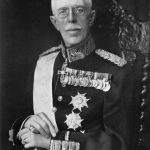
by the oppressed peasantry.
In Igboland and Ibibiolands, warrant chiefs were created to fill the leadership positions, because the Igbo and Ibibios had no chiefs, instead they had egalitarian systems of government which recognized authority as coming directly from the people.
In Igboland and Ibibiolands, warrant chiefs were created to fill the leadership positions, because the Igbo and Ibibios had no chiefs, instead they had egalitarian systems of government which recognized authority as coming directly from the people.

These warrant chiefs were corrupt and miniature tyrants.
Therefore, in 1929 when the British tried to impose direct taxation on Igboland, Igbo women challenged government and the Women’s War or Ogu umunwanyi ensued.
Therefore, in 1929 when the British tried to impose direct taxation on Igboland, Igbo women challenged government and the Women’s War or Ogu umunwanyi ensued.
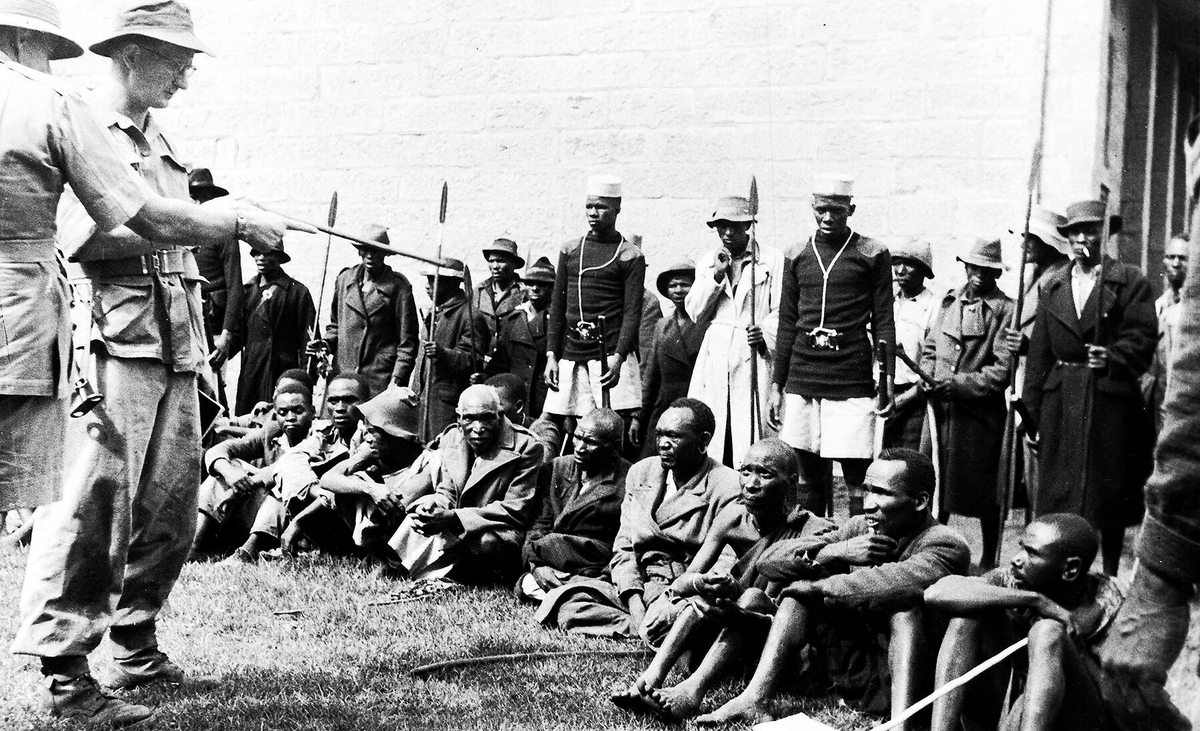
The warrant chiefs were the main targets of the women’s attack.
Indirect Rule weakened traditional rule: The traditional paramount ruler in British West Africa was not really the head of social and political order. Rather, he was a subordinate of the British overlord
Indirect Rule weakened traditional rule: The traditional paramount ruler in British West Africa was not really the head of social and political order. Rather, he was a subordinate of the British overlord

who used him to implement unpopular measures such as compulsory labor, taxation, and military enlistment.
Moreover, the British had the power to dispose of traditional rulers and replace them with their own nominees.
Moreover, the British had the power to dispose of traditional rulers and replace them with their own nominees.

And the British often interfered with existing paramountcies by breaking them up and raising subordinate chiefs to the status of paramount chiefs.
The British District officers dictated to traditional rulers and treated them as employees of government rather than supervising
The British District officers dictated to traditional rulers and treated them as employees of government rather than supervising
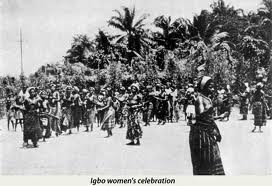
and advising them.
Members of ruling families were not encouraged to attend new schools that were introduced for fear they may become denationalized. In northern Nigeria and northern Ghana, the people as a result were not given the sort of education that would enable them cope
Members of ruling families were not encouraged to attend new schools that were introduced for fear they may become denationalized. In northern Nigeria and northern Ghana, the people as a result were not given the sort of education that would enable them cope

with new problems of colonial society, thus making them even more dependent on District Commissioners and British Technical Officers.
The greatest fault of the Indirect Rule system, however, was its complete exclusion of the West African educated elite from local government:
The greatest fault of the Indirect Rule system, however, was its complete exclusion of the West African educated elite from local government:

the educated elite were excluded from both Native Administration and colonial government, and thus became transformed into an alienated class.
In conclusion, Indirect Rule was implemented because it was cheap and practical.
In conclusion, Indirect Rule was implemented because it was cheap and practical.

It preserved old conservative authorities who were ill equipped by education and temperament to cope with the changing environment.
The French in West Africa
Administrative Policies
The French had a policy of assimilation which sought to “civilize” indigenes
The French in West Africa
Administrative Policies
The French had a policy of assimilation which sought to “civilize” indigenes

and gradually turn them into petits Français or junior Frenchmen.
The highest-ranking of these juniors were the évolués, or evolved ones. They were colonial subjects trained to work in administrative positions.
Évolués served two purposes.
The highest-ranking of these juniors were the évolués, or evolved ones. They were colonial subjects trained to work in administrative positions.
Évolués served two purposes.

First, to cut down on costs by replacing French manpower.
Second, to create an illusion that colonials were profiting from their becoming “civilized.”
Both the junior Frenchmen or petits Français and the evolved ones or évolués were to serve the grandeur of France
Second, to create an illusion that colonials were profiting from their becoming “civilized.”
Both the junior Frenchmen or petits Français and the evolved ones or évolués were to serve the grandeur of France
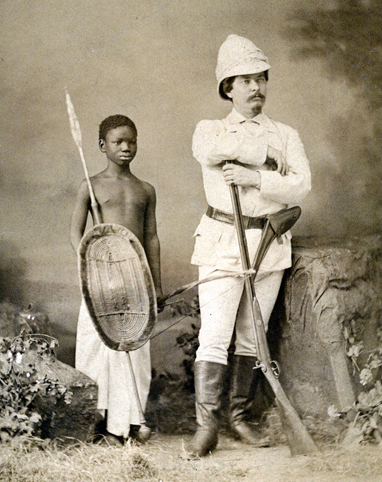
and in the far, far, future, they would become “civilized” enough to be considered fully French.
This would never really happen however.
When independence came, these well-positioned évolués often ended up running their countries.

This would never really happen however.
When independence came, these well-positioned évolués often ended up running their countries.


In French West Africa, the colonies were integral parts of the metropolitan country, and were also considered overseas provinces.
West Africans were regarded as subjects of France, and like children were expected to have patriotic duties to their mother country.
West Africans were regarded as subjects of France, and like children were expected to have patriotic duties to their mother country.

The French believed that the first duty of civilization to the savage was to give them “a taste for work” on the grounds that as beneficiaries of civilization, they should contribute to expenses of the country which brings them benefits. 

In keeping with this philosophy, the primary role of the “native” therefore was to fight and produce for mother country.
The French believed that the “native” will inevitably be civilized by this process, so that in helping France, the “native,” in fact, helps him- or herself.
The French believed that the “native” will inevitably be civilized by this process, so that in helping France, the “native,” in fact, helps him- or herself.

West Africans that were deemed civilized were rewarded by conferring the privileged status of French citizen on them.
To become a French citizen, the West African would have to have been born in one of the four communes or municipalities in Senegal:
To become a French citizen, the West African would have to have been born in one of the four communes or municipalities in Senegal:

Saint-Louis, Gorée, Rufisque, and Dakar.
They must also have a merited a position in the French service for at least ten years; and have evidence of good character and possess a means of existence.
They must also have been decorated with the Legion of Honor, a military award.
They must also have a merited a position in the French service for at least ten years; and have evidence of good character and possess a means of existence.
They must also have been decorated with the Legion of Honor, a military award.

The advantages of French citizenship were many. Once a West African became a Frenchman, they were subject to French law and access to French courts.
The black Frenchman was exempted from indigénat, which is a legal system which enabled a French administrative officer

The black Frenchman was exempted from indigénat, which is a legal system which enabled a French administrative officer


to sentence any African for up to two years forced labour without a trial.
A West African Frenchman could commute compulsory labor for a monetary payment.
The person could be appointed to any post in France and in colony.
A West African Frenchman could commute compulsory labor for a monetary payment.
The person could be appointed to any post in France and in colony.

For example, Blaise Diagne of Senegal was the first black African elected to French National Assembly and Mayor of Dakar, which was the capital of the Federation of French West Africa.
He would however fall out of favor with West Africans because the French colonial government
He would however fall out of favor with West Africans because the French colonial government

used him to forcibly conscript West Africans to fight for the French army during WWI.
However, the assimilation policy was abandoned as impractical.
By 1937, only eighty thousand of the fifteen million French West Africans had become French citizens.
However, the assimilation policy was abandoned as impractical.
By 1937, only eighty thousand of the fifteen million French West Africans had become French citizens.

Seventy-eight thousand of those had because French citizens because they were born in one of the communes. 

• • •
Missing some Tweet in this thread? You can try to
force a refresh


















